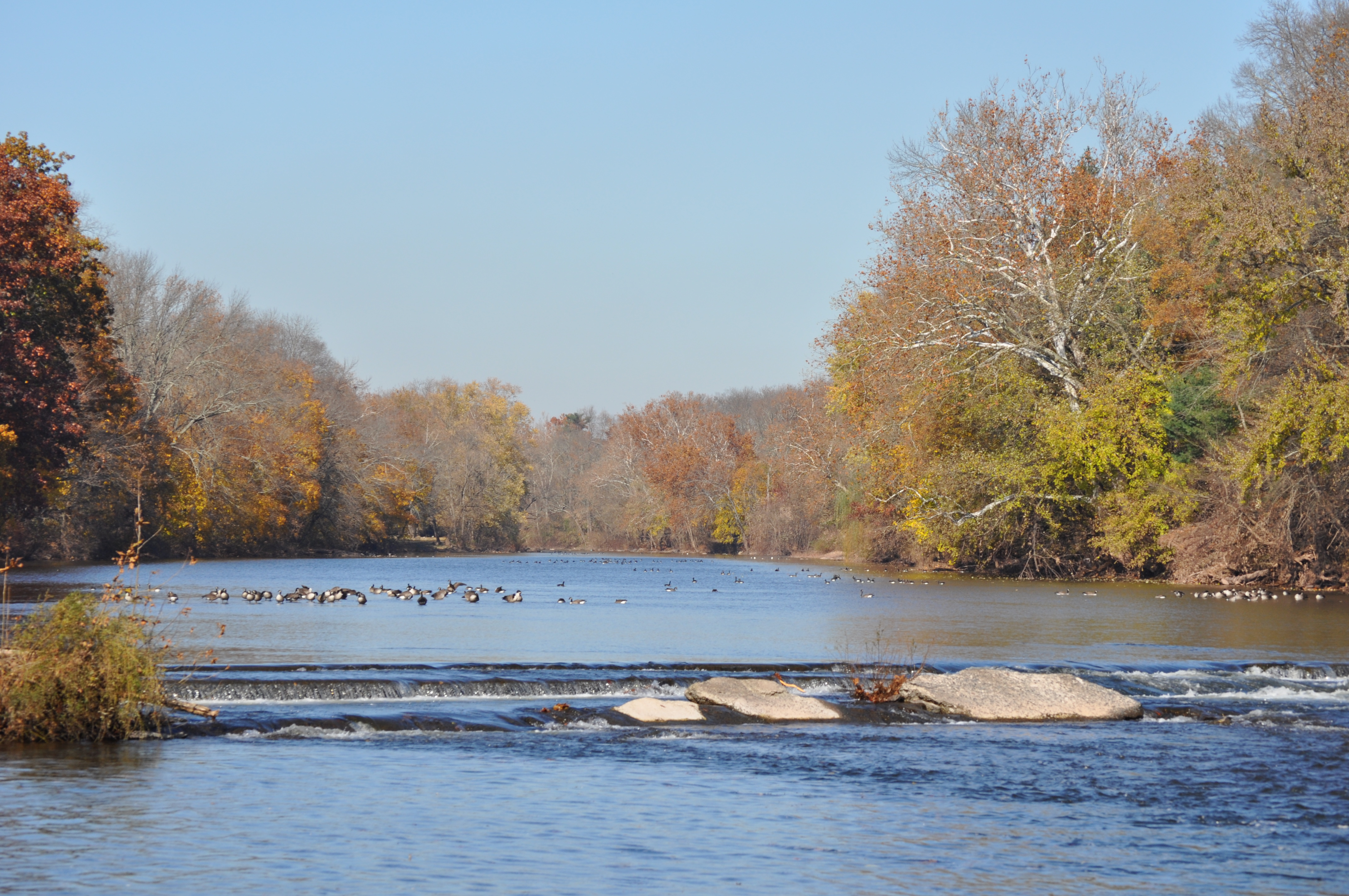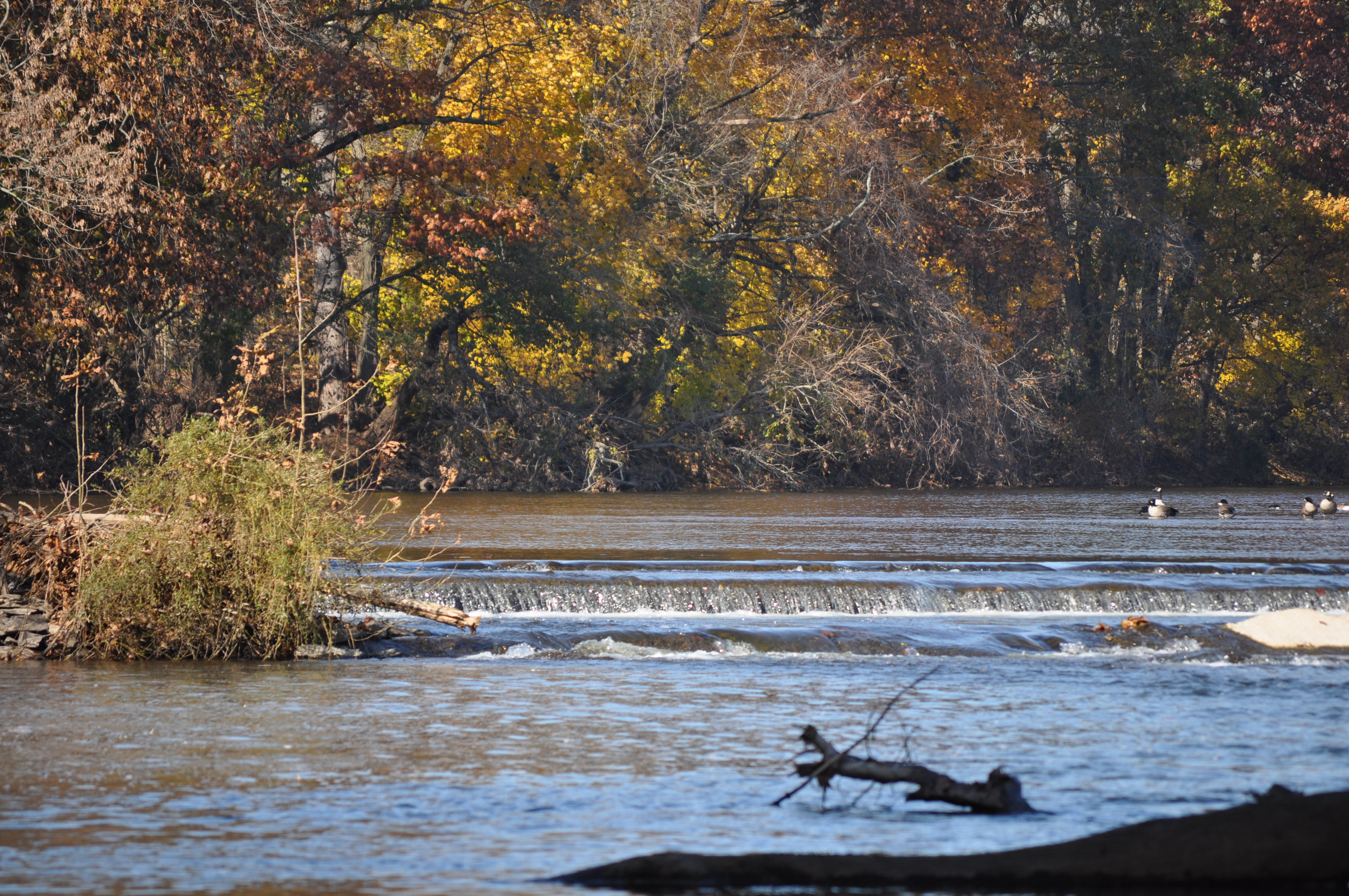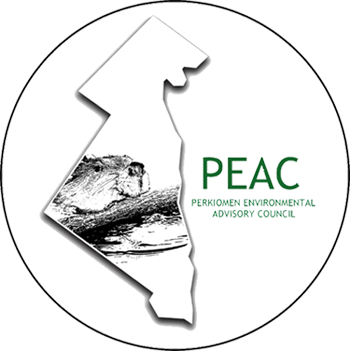Environmental Advisory Council
Overview
The establishment of the Perkiomen Township Environmental Advisory Council (PEAC) was authorized by the Township in January 2022. The purpose of the PEAC is to:
– Advise the Board of Supervisors as to environmental issues;
– Encourage sustainable design and the use of renewable energies;
– Protect and preserve natural resources within the Township; and
– Consider possible uses of open land and to create inventories of natural areas with unique features.
According to the bylaws, the PEAC has the capacity to study environmental issues and to provide advice to the Board of Supervisors on those issues. The PEAC will work with the Board and Administration in an advisory capacity in an effort to help them analyze environmental issues and provide recommendations on courses of action necessary to protect the health, safety, and welfare of the Township residents.
We are composed of five volunteer residents appointed by the Board, each with three-year terms.
Our Mission
Connecting, educating, and advocating for residents to provide environmental enhancement and promote community health and wellbeing for generations to come.
PENNSTATE EXTENSION PROGRAM
For information on Why I Should Use a Rain Barrel, please click on the article below and then click on the link at the top of the page and for more information about stormwater, please click on the link located at the bottom of the page of the article below:
WHY USE A RAIN BARREL
Upcoming Events:
Attached please find the flyers for Perkiomen Township’s rain garden and rain barrel workshops. Here is the link to the registration page for the Rain Barrel Workshop, and here is the link for the Rain Garden Workshop.
Rain Garden Workshop MAY 30th 6:30 pm – 7:30 pm
Rain Barrel Workshop JULY 11th 6:30 pm – 7:30 pm
Please Consider Asking Pennsylvania Legislators to Place More Native Plants along State Highways.
PA HOUSE BILL 797 amends Act 428 of 1945 to require the Pennsylvania Department of Transportation to plant native vegetation along Highways, where feasible.
Please click on the Link below and send a request in support of HB 797:
https://p2a.co/XqFD5Zp?p2asource=websiteaction-center&_gl=1*ppqem2*_ga*MTE2OTY1Njk1MC4xNjg5MjYyNjQ4*_ga_LZKG7DYJLG*MTY5ODg0NDcxNC42MS4xLjE2OTg4NDQ3MjMuMC4wLjA.&_ga=2.172165027.1207768487.1698844715-1169656950.1689262648
PennState Extension
Rain Barrels and Rain Gardens for Managing Household Stormwater – Click Link Below:
https://extension.psu.edu/rain-barrels-and-rain-gardens-for-managing-household-stormwater
STORMWATER POLLUTION PREVENTION TIPS – CLICK BELOW TO THE LINKS FOR THESE TIPS AS WELL AS INFORMATION ON ILLICIT DISCHARGE:
Stormwater Pollution Prevention Tips – Fall Article
Stormwater Pollution Prevention Tips – Winter Article
Stormwater Management – illicit discharge
Small Municipal Separate Storm Sewer System (MS4)
Federal regulations that were issued by the United States Environmental Protection Agency (EPA) established permit requirements within the National Pollutant Discharge Elimination System (NPDES) for discharge to surface water from certain MS4s. The intent of these regulations is to improve water quality of the waterways in the United States. The permit requirement applies to small MS4s that have been designated by Pennsylvania Department of Environmental Protection (PEDEP). Perkiomen Township has been designated by the PADEP as one of these small MS4s. Perkiomen Township’s NPDES Permit Number is 130069. Below is the Annual Reports for Perkiomen Township. A copy of the exhibits are on file at the Perkiomen Township Administration Building.
Click on the links below to view MS4 information regarding the Perkiomen Township’s PRP.
Perkiomen Township Pollution Reduction Plan May 2021
Power Point Presentation Perkiomen Township MS4 Permitting (06-07-2022)
Guidelines for Stream Maintenance Booklet
Stormwater Management Ordinance
Under the MS4 Program, Perkiomen Township is required to adopt, implement, and enforce a Stormwater Management Ordinance. On July 5, 2022 Perkiomen Township adopted a new Stormwater Ordinance, Ordinance No. 239 – Perkiomen Township Stormwater Ordinance of 2022. Please click below to view information on ORDINANCE NO. 239.
Ordinance No. 239 Perkiomen Township – 2022 Stormwater Ordinance – Adopted
The Following are the Appendices to Ordinance No. 239:
Ordinance No. 239 Stormwater Management Ordinance Appendix A
Ordinance No. 239 Stormwater Management Ordinance Appendix B
Ordinance No. 239 Stormwater Management Ordinance Apendix C
Ordinance No. 239 Stormwater Management Ordinance Appendix C.3
Minimum Control Measures (MCM)
Under the MS4 Stormwater Management Program, the PADEP established six (6) MCMs:
INFORMATION FOR HOMEOWNERS, RESIDENTS & BUSINESSES
What You Can Do To Help
As stormwater flows over driveways, lawns, and sidewalks, it picks up debris, chemicals, dirt, and other pollutants. Stormwater can flow into a storm sewer system or directly to a lake, stream, river, wetland, or coastal water. Anything that enters a storm sewer system is discharged untreated into the waterbodies we use for swimming, fishing, and providing drinking water. Polluted runoff is the nation’s greatest threat to clean water. By practicing healthy household habits, homeowners can keep common pollutants like pesticides, pet waste, grass clippings, and automotive fluids off the ground and out of stormwater. Adopt these healthy household habits and help protect lakes, streams, rivers, wetlands, and coastal waters. Remember to share the habits with your neighbors!
Homeowners’ Guide to Stormwater BMP Management
Vehicle and Garage
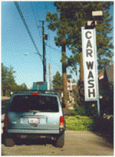
- Use a commercial car wash or wash your car on a lawn or other unpaved surface to minimize the amount of dirty, soapy water flowing into the storm drain and eventually into your local waterbody.
- Check your car, boat, motorcycle, and other machinery and equipment for leaks and spills. Make repairs as soon as possible. Clean up spilled fluids with an absorbent material like kitty litter or sand, and don’t rinse the spills into a nearby storm drain. Remember to properly dispose of the absorbent material.
- Recycle used oil and other automotive fluids at participating service stations. Don’t dump these chemicals down the storm drain or dispose of them in your trash.
Lawn and Garden
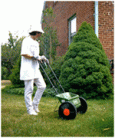
- Use pesticides and fertilizers sparingly. When use is necessary, use these chemicals in the recommended amounts. Avoid application if the forecast calls for rain; otherwise, chemicals will be washed into your local stream.
- Select native plants and grasses that are drought- and pest resistant. Native plants require less water, fertilizer, and pesticides.
- Sweep up yard debris, rather than hosing down areas. Compost or recycle yard waste when possible.
- Don’t overwater your lawn. Water during the cool times of the day, and don’t let water run-off into the storm drain.
- Cover piles of dirt and mulch being used in landscaping projects to prevent these pollutants from blowing or washing off your yard and into local waterbodies. Vegetate bare spots in your yard to prevent soil erosion.
Home Repair and Improvement
- Before beginning an outdoor project, locate the nearest storm drains and protect them from debris and other materials.
- Sweep up and properly dispose of construction debris such as concrete and mortar.
- Use hazardous substances like paints, solvents, and cleaners in the smallest amounts possible, and follow the directions on the label. Clean up spills immediately, and dispose of the waste safely. Store substances properly to avoid leaks and spills.
- Purchase and use nontoxic, biodegradable, recycled, and recyclable products whenever possible.
- Clean paint brushes in a sink, not outdoors. Filter and reuse paint thinner when using oil-based paints. Properly dispose of excess paints through a household hazardous waste collection program, or donate unused paint to local organizations.
- Reduce the amount of paved area and increase the amount of vegetated area in your yard. Use native plants in your landscaping to reduce the need for watering during dry periods. Consider directing downspouts away from paved surfaces onto lawns and other measures to increase infiltration and reduce polluted runoff.
Pet Care
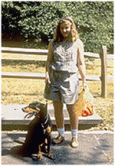
- When walking your pet, remember to pick up the waste and dispose of it properly. Flushing pet waste is the best disposal method. Leaving pet waste on the ground increases public health risks by allowing harmful bacteria and nutrients to wash into the storm drain and eventually into local waterbodies.
Dog Waste Ordinance
Swimming Pool and Spa
PA Department of Environmental Protection Swimming Pool Guidelines
- Drain your swimming pool only when a test kit does not detect chlorine levels.
- Whenever possible, drain your pool or spa into the sanitary sewer system.
- Properly store pool and spa chemicals to prevent leaks and spills, preferably in a covered area to avoid exposure to stormwater.
Septic System Use and Maintenance

- Have your septic system inspected by a professional at least every 3 years, and have the septic tank pumped as necessary (usually every 3 to 5 years).
- Care for the septic system drainfield by not driving or parking vehicles on it. Plant only grass over and near the drainfield to avoid damage from roots.
- Flush responsibly. Flushing household chemicals like paint, pesticides, oil, and antifreeze can destroy the biological treatment taking place in the system. Other items, such as diapers, paper towels, and cat litter, can clog the septic system and potentially damage components.
INFORMATION BUSINESSES
Stormwater Discharges from Commercial Properties
Vehicle, Buses, Automobile Facilities and Garage
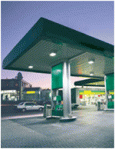

- Use a commercial car wash or wash your car on a lawn or other unpaved surface to minimize the amount of dirty, soapy water flowing into the storm drain and eventually into your local waterbody.
- Clean up spilled fluids immediately and properly dispose of clean up/absorbent material. Do not rinse the spills into a nearby storm drain. Remember to properly dispose of the absorbent material.
- Recycle used oil and other automotive fluids at participating service stations. Don’t dump these chemicals down the storm drain or dispose of them in your trash.
- Properly maintain fleet vehicles to prevent oil, gas, and other discharges from being washed into the storm drain.
- Dirt, oil, and debris that collect in parking lots and paved areas can be washed into the storm sewer system.
- Sweep up litter and debris from sidewalks, driveways and parking lots, especially around storm drains.
- Cover grease storage and dumpsters and keep them clean to avoid leaks.
Stormwater Discharges from Construction Activities
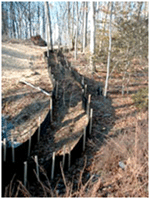
- The NPDES stormwater program requires construction site operators engaged in clearing, grading, and excavating activities that disturb 1 acre or more, including smaller sites in a larger common plan of development or sale, to obtain coverage under an NPDES permit for their stormwater discharges. In Pennsylvania, the Department of Environmental Protection (PaDEP) is authorized to implement the Stormwater NPDES Permitting Program. For more information regarding NPDES stormwater permitting from construction activities, please visit PaDEP’s website at www.dep.state.pa.us.
FOR ADDITIONAL INFORMATION
-
- U.S. Environmental Protection Agency
- PA Department of Environmental Protection
PA Department of Environmental Protection
Southeast Regional Office
2 East Main Street
Norristown, PA 19401
In case of environmental emergency, please call 484.250.5900 (24 hours) - Perkiomen Watershed Conservancy
- MS4 1st Progress Report May 2014
- MS4 2nd Progress Report May 2016
Departments
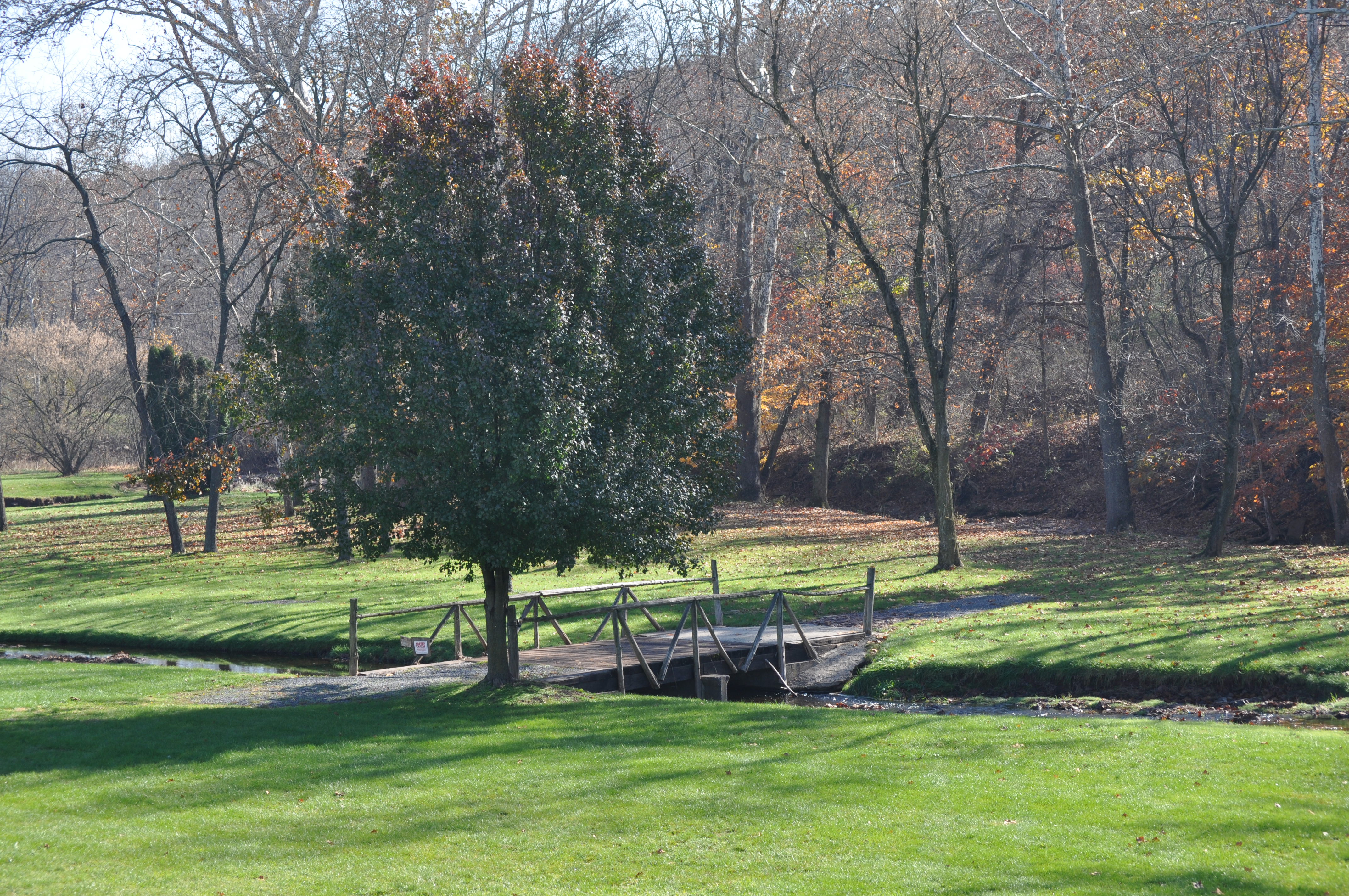
Park and Recreation
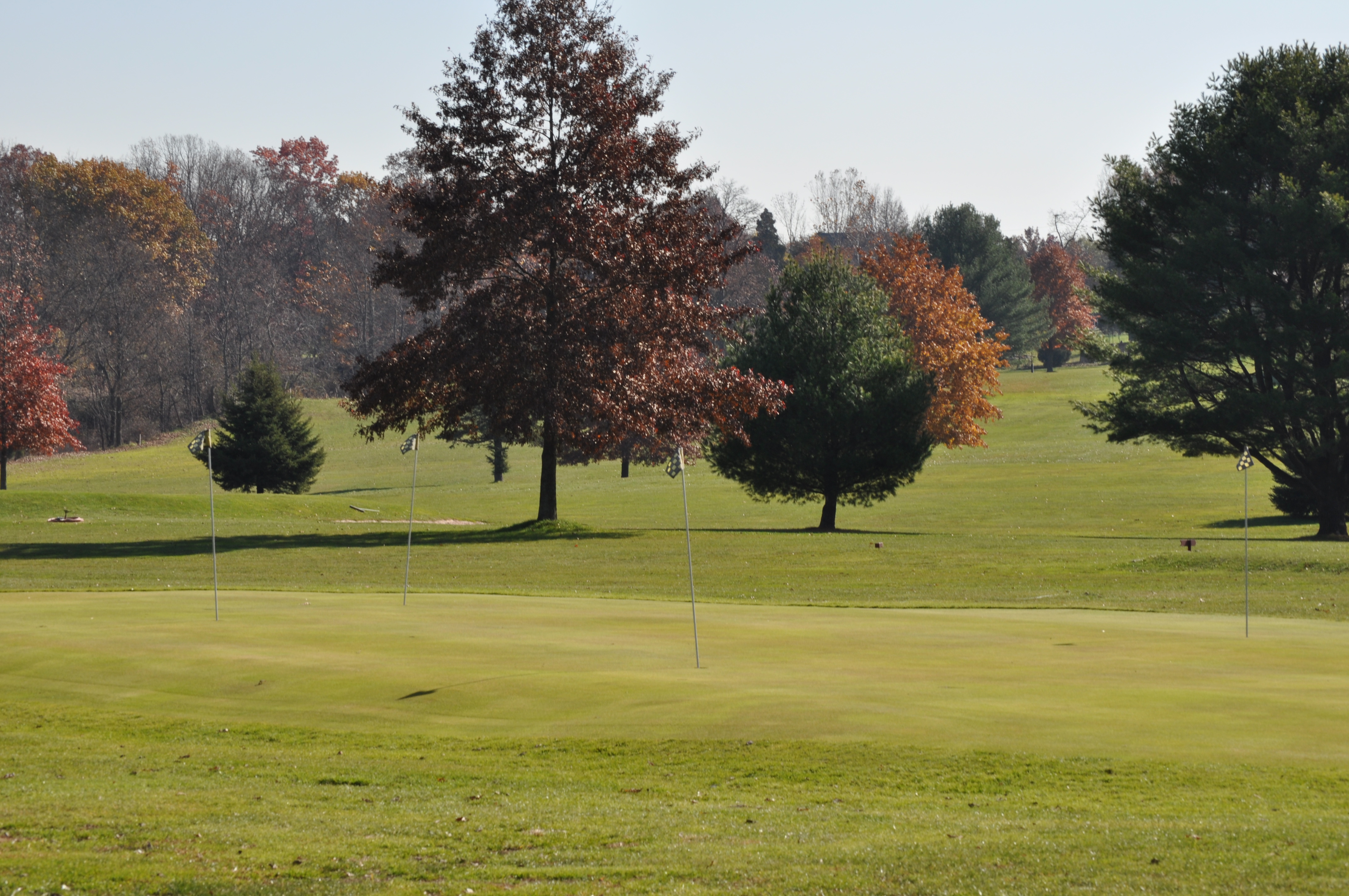
Recycling
